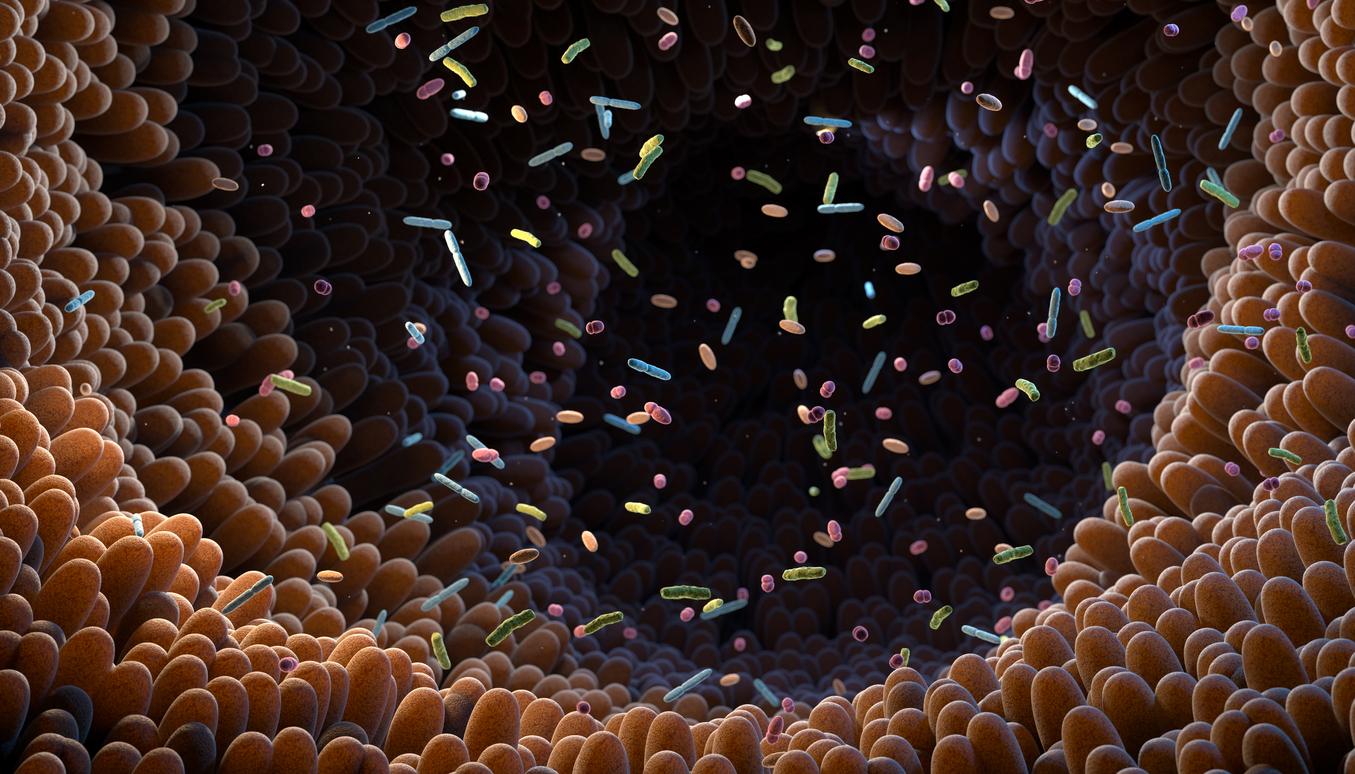The p73 protein would be the guarantor of the good development of the protective and nourishing cells (the Sertoli cells) of the sperm therefore of the male fertility according to the results of a study published in the journal Journal of Cell Biology.
Researchers at the University of Göttingen in Germany and Stony Brook University in New York conducted scientific experiments on mice to analyze and understand the protective role of the 73 protein family on Sertoli cells in sperm.
Sertoli cells are support cells, which in the wall of the testis control the progress of spermatogenesis and play a nourishing role for the maturing sperm.
“During reproduction two types of proteins are involved. The family of proteins 53 and that of proteins 63 which, in mammals, destroy the eggs and sperm which present defects and damage to the DNA ”remind the researchers. Previous scientific studies had already revealed that protein 73 plays a role in rodent fertility. Without protein 73, female mice are infertile because their eggs develop with defects. Male mice are also sterile, but researchers had not identified the precise reason for this reproductive disorder.
Protein 73 essential for male fertility
The development of sperm in the testes is organized by Sertoli cells. They envelop and protect the spermatozoa at each stage of their development. They control their differentiation and allow them to come to the surface to finally deliver them, in good health, perfectly evolved and mobile.
“We found that without protein 73, the sperm were not viable. They are in fact detached too early from the epithelium (testicular wall) and die. Protein-deficient Steroli cells 73 lose their adhesion in the testes and no longer protect the sperm. This protein 73 deficiency therefore leads to male sterility.
The results of this experiment carried out on rodents may therefore provide new therapeutic options for treating and curing themale infertility. Indeed, the researchers hypothesize to confirm that mutations in protein 73 could be responsible for human male infertility.
















